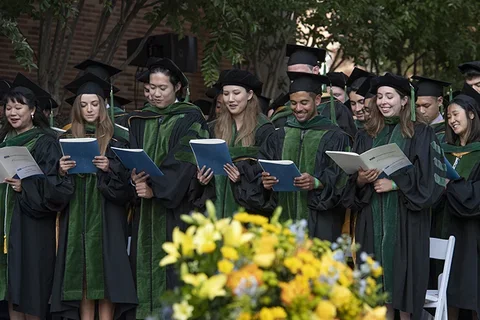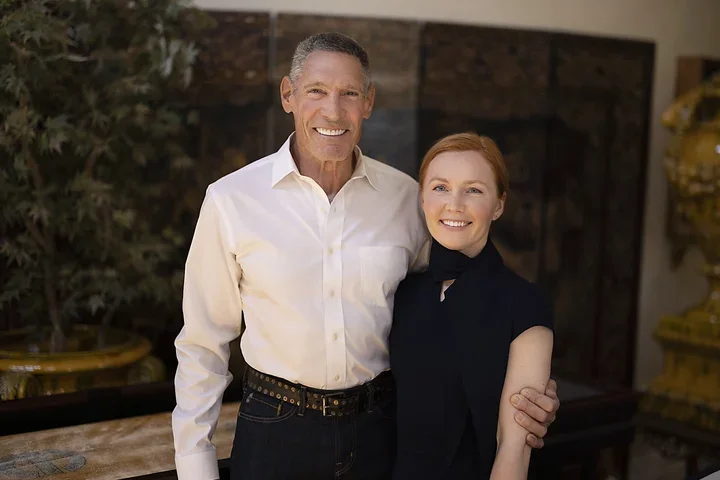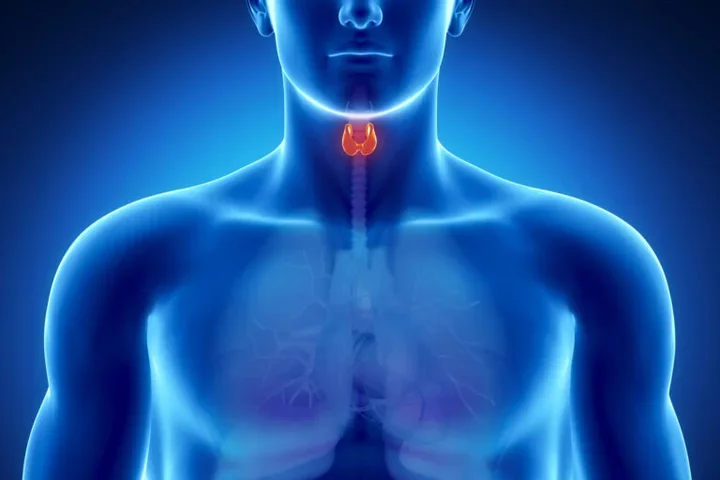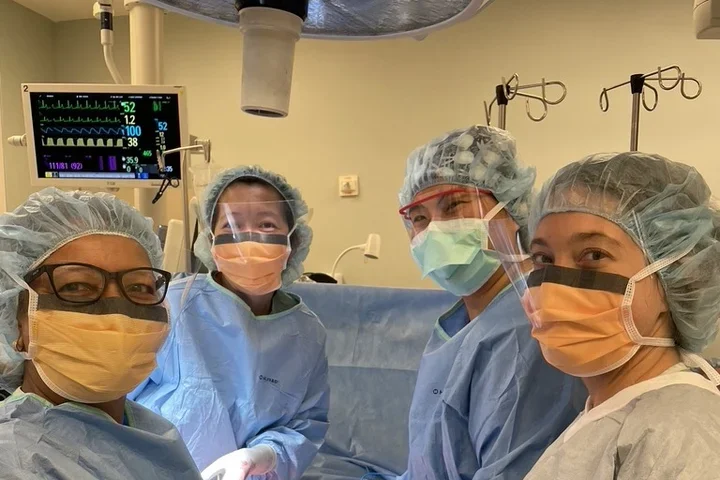Modern Hippocratic Oath Holds the Underlying Values of Medicine in a Digital World

While Changes Have Been Made, the Basics Stay True
After four years of hard work, graduating students at the David Geffen School of Medicine at UCLA stand together and recite the Hippocratic Oath before officially beginning their careers as physicians. The oath upholds timeless ethics and values, but it has changed since Hippocrates first wrote it 2,500 years ago.
A modern Hippocratic Oath keeps original values in place while meeting the needs of our advanced medical practices and societal values.
Modernizing the Hippocratic Oath
Written in the 5th century B.C., the Hippocratic Oath is one of the oldest documents in history. While the creators intended it to be a binding covenant, modern doctors see the oath as a promise to uphold the art of medicine and act in patients' interests.
In today's graduation ceremonies, students typically recite some variation of the oath:
- The Modern Hippocratic Oath, attributed to Dr. Louis Lasagna in 1948
- An oath that "Bears the Name of Hippocrates"
- The Declaration of Geneva (adopted by the World Medical Association)
At the David Geffen School of Medicine at UCLA, students recite a version of the oath adapted by the late Dean Emeritus Sherman Mellinkoff.
How the Oath Applies Today
The medical community has changed the oath to accommodate shifts in medicine and society over centuries. For example, the original oath swears by Apollo and other Greek gods of medicine. Many of today's oaths swear by “whatever each of us holds most sacred," or they simply begin with a promise to uphold medical principles.
The Association of American Physicians and Surgeons lists many oaths new doctors have taken over the years.
Despite how much time has passed, the core values of the oath have held firm throughout different iterations: all versions promise to act in the best interest of the patient and to protect patient privacy.
Dr. Christine Thang, a 2015 graduate of the David Geffen School of Medicine at UCLA, said the oath is a reminder that a physician's job is to "treat not just the diseases we encounter but to think of each individual patient as a whole person."
Protecting patient privacy, swearing to keep secret anything one may see or hear in the course of treatment, was a key component of the original oath. Even in a modern digital world, where it's easy to access and share information, privacy protection remains central to the oath and also guides medical policies.
As values and practices continue to shift, the legacy of the original Hippocratic Oath will surely live on.
(Related Article: Medical School Graduation and the Hippocratic Oath)



